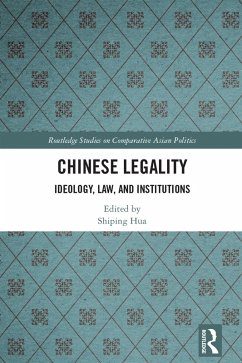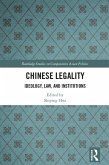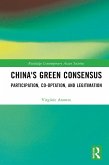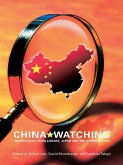Dieser Download kann aus rechtlichen Gründen nur mit Rechnungsadresse in A, B, BG, CY, CZ, D, DK, EW, E, FIN, F, GR, HR, H, IRL, I, LT, L, LR, M, NL, PL, P, R, S, SLO, SK ausgeliefert werden.
Hinweis: Dieser Artikel kann nur an eine deutsche Lieferadresse ausgeliefert werden.
Xiaobing Li, University of Central Oklahoma, USA
'This timely new volume, edited by Professor Shiping Hua of the University of Louisville - Chinese Legality: Ideology, Law and Institutions - is both comprehensive and of considerable interest to students and academics studying current Chinese law and state legal institutions. Given the many recent challenges presented by the COVID-19 pandemic, realignment of global power and the evolution of Chinese Communist Party rule after the 20th Party Congress, this collection of analyses by a multinational cohort of China scholars is a most welcome contribution.'
James V. Feinerman, James M. Morita Professor of Asian Legal Studies, Georgetown University Law Center, USA









